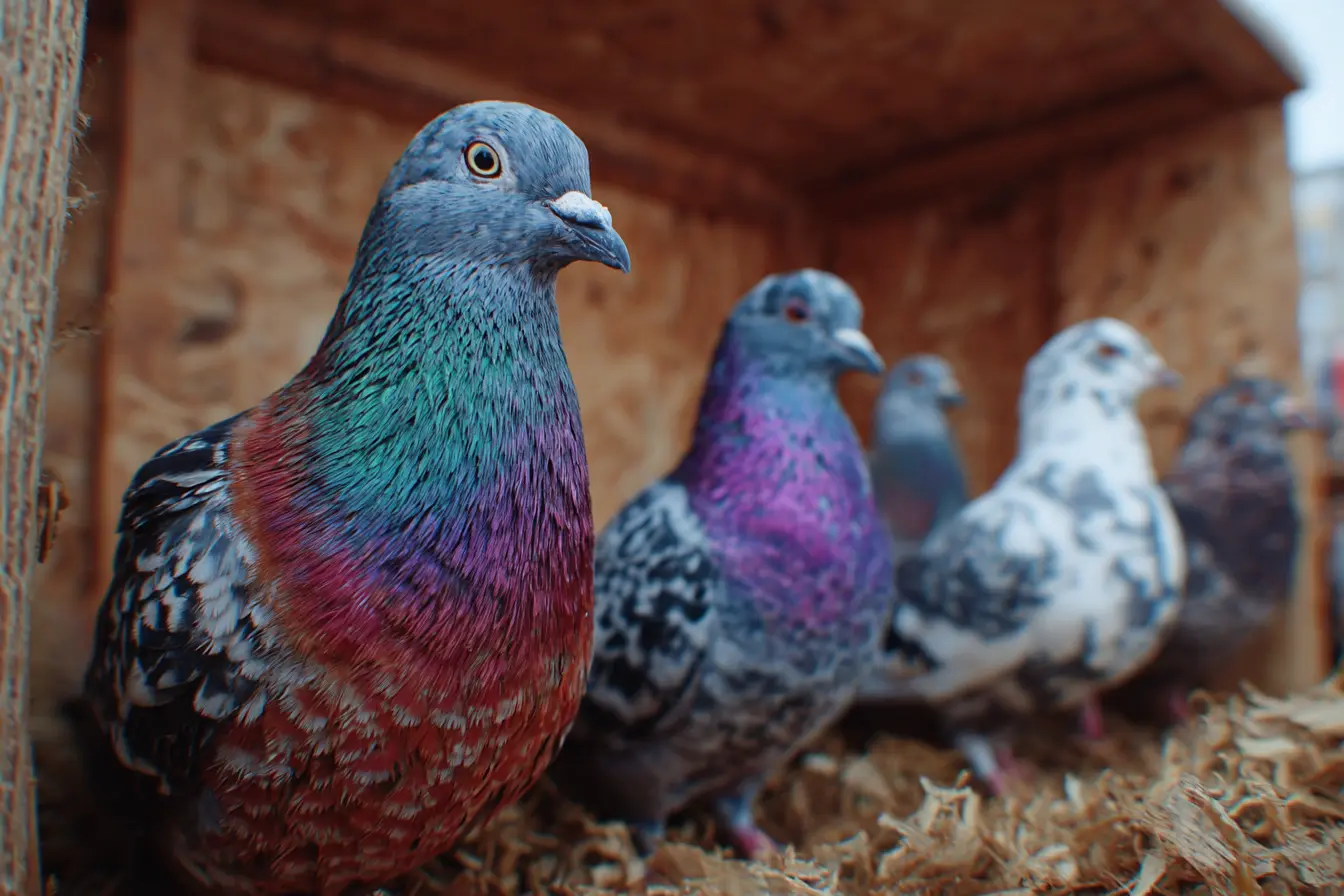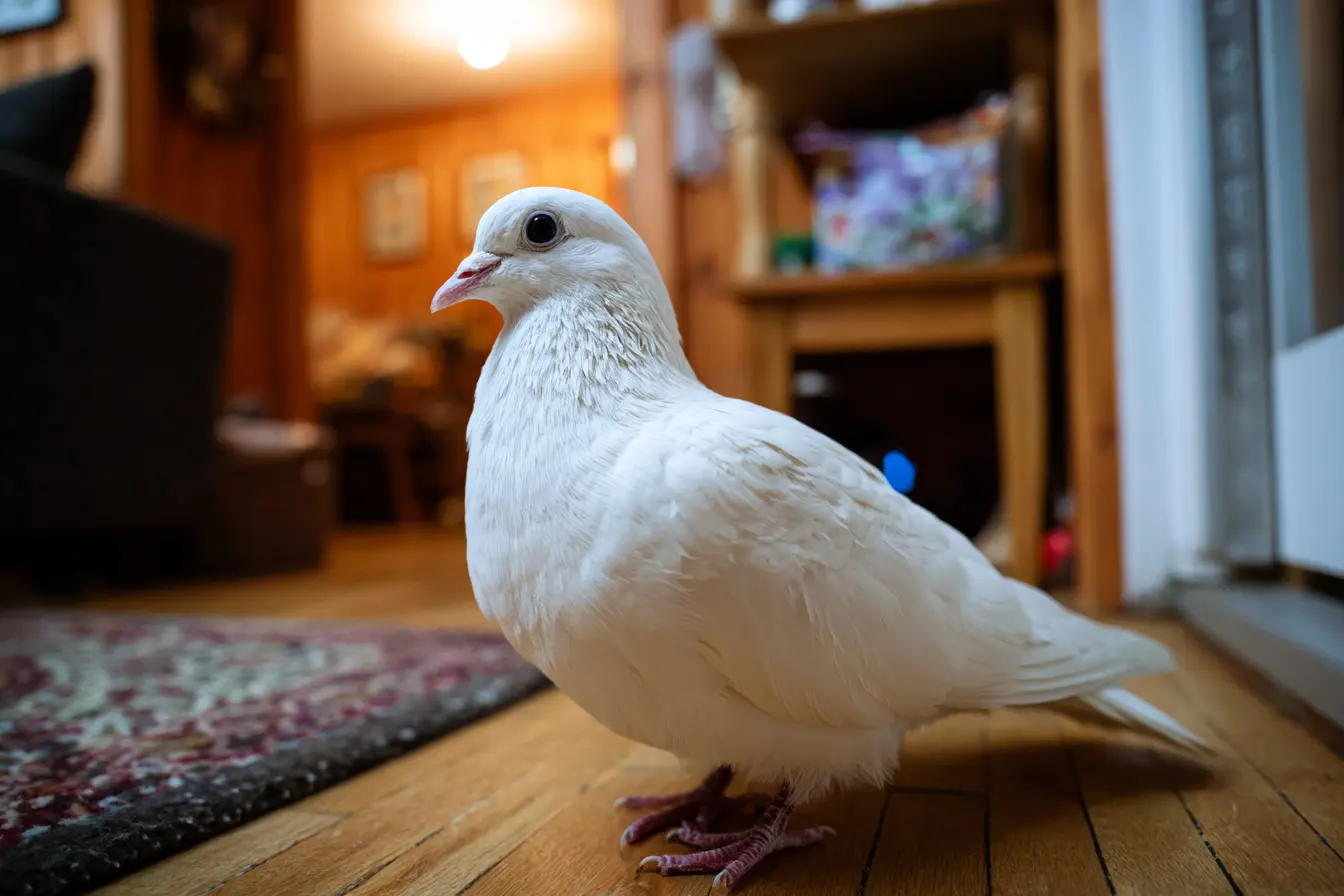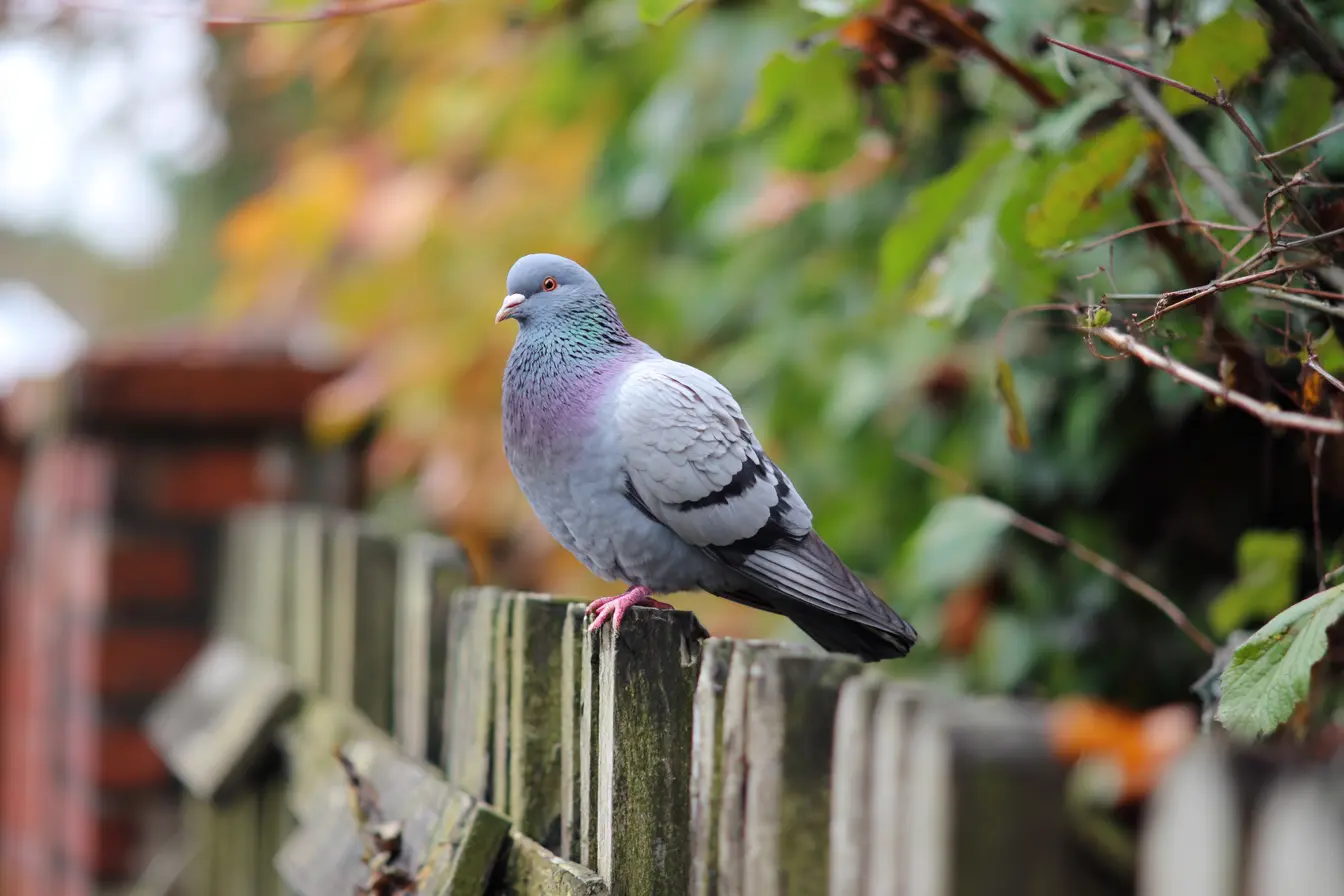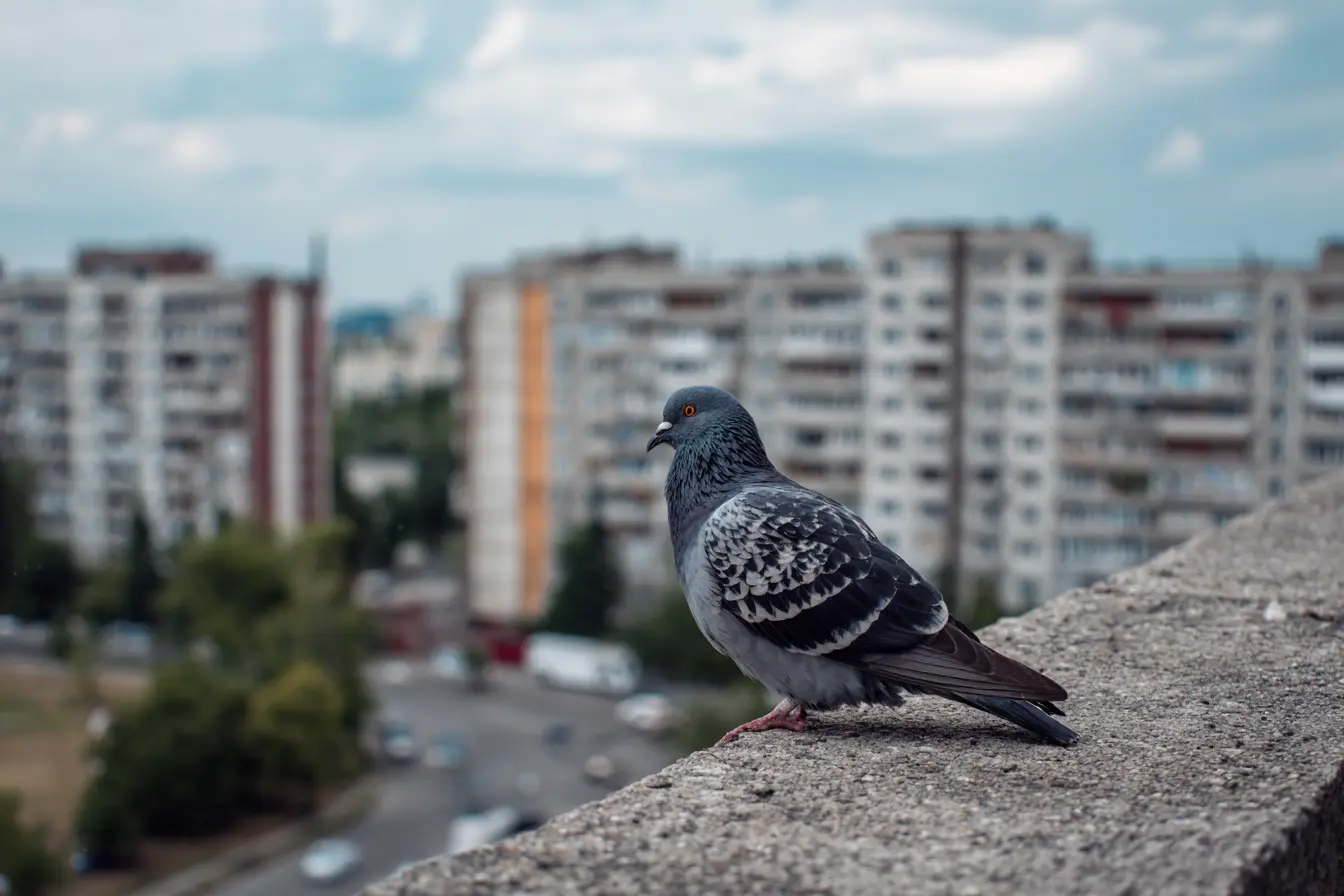
The Ultimate Guide to Owning Pigeons
Pigeons, often underestimated as simple street birds, have a long history as loyal companions, messengers, and even racing champions. In the UK, many enthusiasts keep pigeons for their beauty, intelligence, and gentle nature. If you’re considering welcoming pigeons into your life, it’s important to understand their needs to ensure they thrive in your care.
Choosing Your Pigeon
Where to Get One
- Breeders: A reputable breeder can provide healthy birds with known lineage, particularly important if you are interested in fancy or racing pigeons.
- Rescue Centres: Many pigeons are abandoned or injured each year. Adopting gives them a second chance at life.
- Pigeon Clubs: Local clubs often know of birds available for rehoming and can offer valuable advice.
What to Look For
- Condition: Look for bright eyes, clean feathers, and smooth breathing.
- Alertness: A healthy pigeon will be responsive to movement and sound.
- Posture: Birds should stand and move comfortably without signs of lameness or imbalance.
Setting Up Your Pigeon’s Home
Housing Requirements
- Loft Size: Allow at least 4 cubic feet per bird, with enough space for flying between perches.
- Location: Choose a sheltered, well-ventilated spot away from predators and harsh weather.
- Security: Strong mesh and secure doors will keep your pigeons safe.
Essentials
- Perches: Provide multiple sturdy perches at varying heights.
- Nest Boxes: Each breeding pair needs its own enclosed space.
- Feeders and Waterers: Use clean, easy-to-access containers to keep food and water fresh.
Nutrition
Daily Diet
- Grains and Seeds: A balanced mix of maize, wheat, peas, and millet provides essential nutrients.
- Grit: Vital for digestion, offering both soluble (calcium-rich) and insoluble grit.
- Fresh Greens: Leafy vegetables such as spinach, kale, and lettuce add variety.
Foods to Avoid
- Processed foods, salty snacks, and chocolate can harm pigeons.
- Avoid mouldy grains or feed, as these can cause illness.
Health and Maintenance
Regular Vet Visits
- Seek an avian veterinarian familiar with pigeons.
- Annual check-ups and prompt attention to any signs of illness are essential.
Signs of Illness
- Lethargy, puffed-up feathers, watery droppings, or loss of appetite may indicate problems.
Daily Care
- Cleaning: Remove droppings and replace bedding regularly to prevent disease.
- Fresh Water: Replace daily to ensure hydration and hygiene.
- Bathing: Provide a shallow bath once or twice a week to help keep feathers clean.
Social Interaction and Training
Taming and Handling
- Pigeons can become very tame with patience and gentle handling.
- Offer food from your hand to build trust.
Training
- Homing pigeons can be trained to return to their loft from considerable distances.
- Regular, short training sessions improve both fitness and navigation skills.
Conclusion
Owning pigeons can be a rewarding and calming hobby. With the right care, housing, and attention, these graceful birds will provide companionship and enjoyment for years. Whether you’re drawn to their racing ability, beauty, or affectionate nature, pigeons have a special charm that makes them truly unique pets.
Vets near you
Speciality vets
- Aquatics vet specialists
- Birds vet specialists
- Camelids vet specialists
- Cats vet specialists
- Cattle vet specialists
- Deer vet specialists
- Dogs vet specialists
- Equines vet specialists
- Exotic vet specialists
- Goats vet specialists
- Pigs vet specialists
- Poultry vet specialists
- Sheep vet specialists
- Small Mammals vet specialists
- Wild vet specialists
Vet facilities
- Accessible by public transport
- Blood testing
- Car park nearby
- Client car park
- Dentistry
- Diagnostic imaging
- Disabled public access
- Flea and worm treatments
- Microchipping
- Mobile services
- Neutering
- Open at weekends
- Out-of-hours service
- Referral interests
- Referrals only
- Street parking outside
- Toilets available
- Vaccinations



